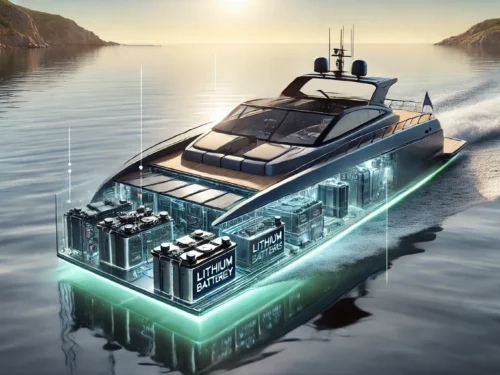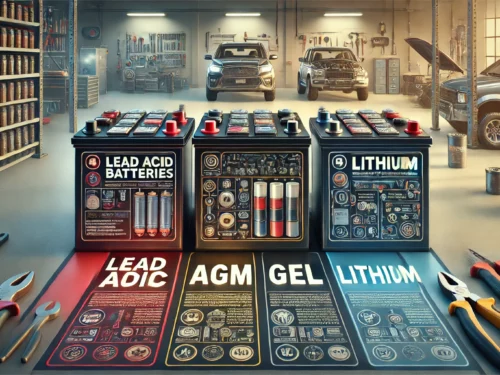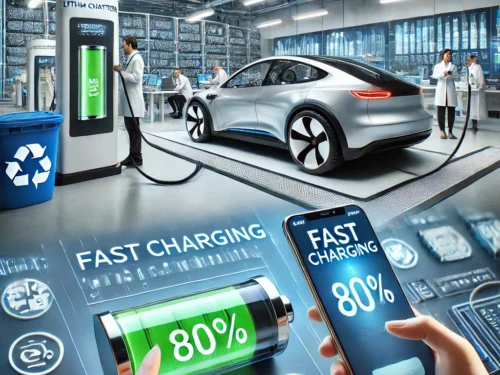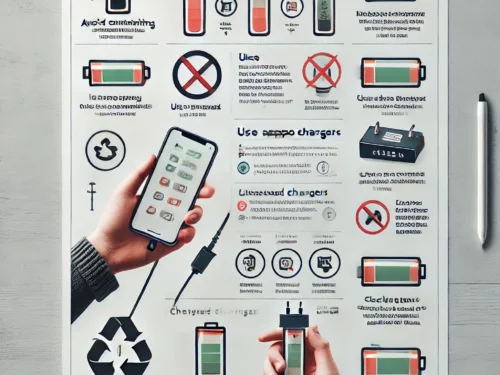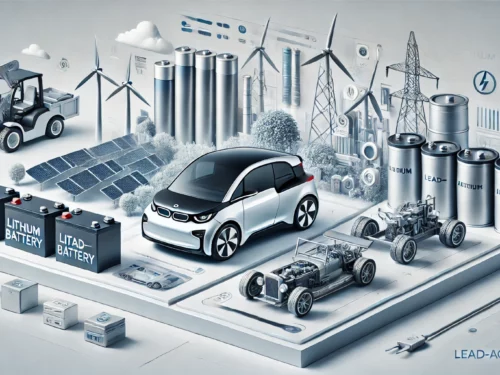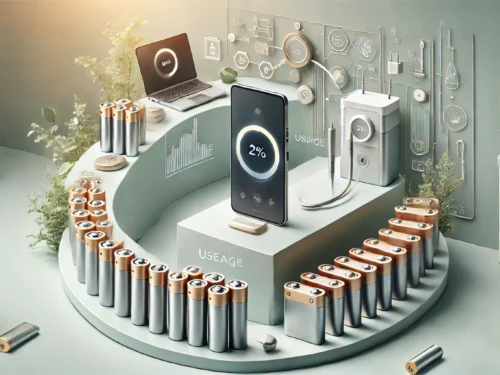
As we stand on the cusp of a new era in power storage, the future of battery technology sparkles with promise, akin to the first light of dawn after a long night. Leonardo da Vinci once mused, “Simplicity is the ultimate sophistication.” In the realm of battery technology, this sentiment rings true as we stride towards innovations that blend simplicity with profound advancements.

For consumers, the horizon of battery technology is not just about more power; it’s about smarter, sustainable, and more integrated energy solutions. Here are the key developments poised to redefine our relationship with batteries.
1. Solid-State Batteries
- A Leap in Safety and Energy Density: Solid-state batteries replace the liquid electrolyte with a solid, eliminating the risk of leaks and fires associated with current lithium-ion batteries. This innovation promises significantly higher energy density, paving the way for longer-lasting devices and electric vehicles (EVs) that can go much further on a single charge.
- When? Expected to enter the market more broadly within the next 5-10 years, solid-state technology is currently in the testing phase, with some prototypes already in development.
2. Lithium-Sulfur Batteries
- Pushing the Boundaries: Offering a theoretical energy density five times higher than lithium-ion, lithium-sulfur batteries could revolutionize everything from smartphones to EVs. This leap in energy density presents a tantalizing vision of the future, where electric vehicles boast unprecedented ranges and electronic devices run for days without needing a recharge.
- Challenges Ahead: The main hurdle is the short lifespan due to the degradation of sulfur. Ongoing research focuses on enhancing the stability of these batteries to make them commercially viable. Scientists are exploring novel electrolyte formulations and protective anode coatings to curb the polysulfide shuttle effect, a primary cause of this degradation. Additionally, advancements in cathode materials aim to increase the efficiency and cycle life of lithium-sulfur batteries, bringing them closer to overcoming the barriers to widespread adoption.
These efforts underscore the dynamic nature of battery technology development, highlighting the potential of lithium-sulfur batteries to play a pivotal role in the next generation of energy storage solutions.
3. Wireless Charging and Energy Harvesting

- Beyond Cables: The future is wireless, not just for communication but for charging too. Imagine roads that charge your EV as you drive or office desks that power your devices, all without the need for plugs or cables.
- Harvesting Ambient Energy: Innovations are also looking at converting ambient energy (from sources like Wi-Fi signals, temperature variations, and even body movement) into usable power for electronic devices, potentially eliminating the need for traditional charging altogether.
4. Biodegradable and Eco-friendly Batteries
- Sustainability at the Core: With the environmental impact of batteries under scrutiny, the future points towards biodegradable and eco-friendly alternatives. Researchers are exploring materials like sodium, potassium, and even algae, aiming to create batteries that are not only powerful but also kind to our planet.
- A Green Shift: These advancements promise to reduce pollution and make battery disposal safer and more sustainable.
5. Smart Batteries with Integrated Intelligence
- Batteries That Think: Future batteries might come equipped with built-in intelligence, capable of communicating with devices to optimize performance, extend lifespan, and even predict failures before they occur. This leap forward introduces a new era where batteries are not just power sources but active participants in energy management.
- Personalized Power: Imagine batteries that adapt their performance to your usage patterns, ensuring your devices and EVs are powered more efficiently. These smart batteries could learn from your daily routines, optimizing charging cycles to extend battery life and reduce energy consumption.
- The Era of Interactive Power: Beyond individual device optimization, smart batteries could interact with the larger grid, participating in energy sharing and management schemes. By intelligently charging during off-peak hours and supplying power back to the grid when demand is high, these batteries not only serve personal needs but also contribute to the overall stability and sustainability of our energy infrastructure.
The future of battery technology is bright, charged with the potential to transform our daily lives, drive sustainability, and open up new frontiers in energy storage. As these innovations move from the laboratory to the marketplace, consumers stand on the brink of a revolution that promises not just more power, but smarter, safer, and more sustainable energy solutions.
In this burgeoning era, the future of battery technology is not just about what’s next for consumers; it’s about what’s next for the planet, as we harness the power of innovation to light up a greener, more electrifying future.



